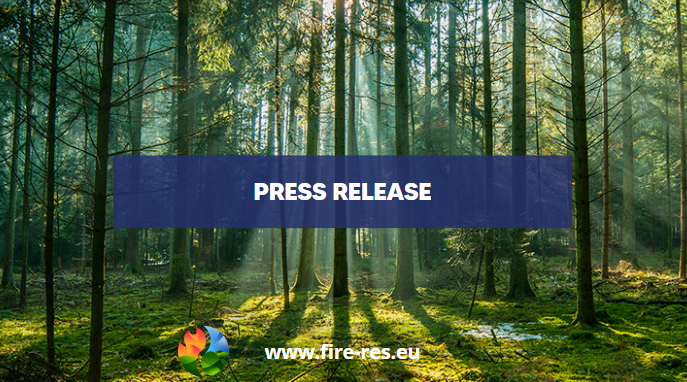
Summer 2022 was a hard one for wildfire events management in Europe. The prolonged drought and extremely high temperatures that affected much of European territory in recent months made this summer the second most damaging since numbers began to be kept in 2006.
According to the latest figures provided by the European Forest Fire Information System (EFFIS), more than 750,000 hectares (7,500 km2) of forest were burnt this year in EU countries. Spain was the most hit, with over 293 thousand burnt hectares, followed by Romania, Portugal and France.
The latter experienced “its second-hottest summer on record, its driest one since 1976 and the worst in terms of the loss of forestry to wildfires since 2003”, the French government has explained. This context is not only a damage per se, but it also impacts the whole environmental cycle as it reduces the services provided by forests as carbon sinks, preserve water resources, prevent soil erosion, protect biodiversity and landscape conservation, etc. Thus, it should not be treated as a continuous succession of “exceptional years” but as the new scenario which needs a long-term integrated approach.
This is why the EU-funded project FIRE-RES is working on creating holistic and integrated fire management strategies to efficiently and effectively address Extreme Wildfire Events in Europe.
FIRE-RES will approach it by focusing on the development of resilient landscapes which, as the REA recently said, we will not be able to solve without a new landscape management paradigm. Several wildfires have impacted the FIRE-RES Living Labs, where the project will demonstrate a series of innovative fire management strategies to address extreme wildfire events in Europe. Project partners contributed to the fire management process in Catalonia (Spain), Lesbos (Greece) and Aquitaine (France). Other Living Labs descriptions will be delivered soon.
The PDF of the Press release is available here.